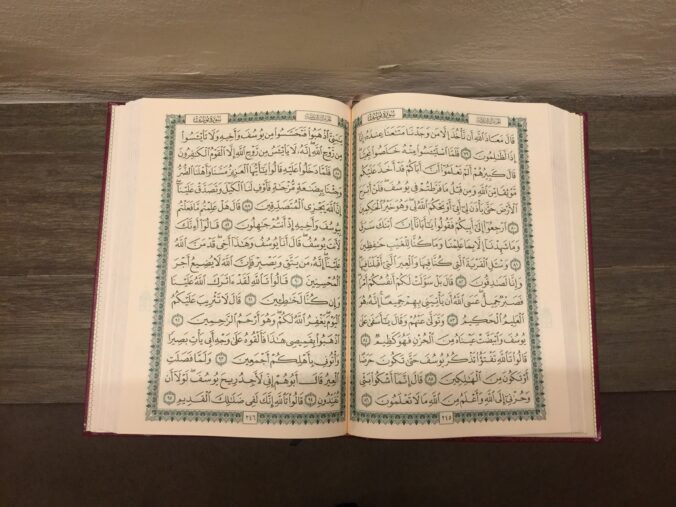In the diverse tapestry of human spirituality, various religions have flourished, each with its own set of beliefs, practices, and sacred texts. Among these, the Bible holds a central place for millions of Christians around the world. In this article, we will embark on a journey to explore how the Bible compares to other religious texts, acknowledging the richness and diversity that characterizes the global religious landscape.
The Bible
The Bible, considered by Christians as the inspired word of God, is a compilation of diverse literary genres spanning centuries. Divided into the Old and New Testaments, it contains historical narratives, poetry, prophecies, and ethical teachings. The Old Testament, shared with Judaism, includes revered texts such as Genesis, Exodus, and the Psalms. The New Testament focuses on the life, teachings, and resurrection of Jesus Christ.
The Quran
Central to Islam is the Quran, believed by Muslims to be the literal word of God as revealed to the Prophet Muhammad. Organized into chapters (Surahs) and verses (Ayahs), the Quran addresses matters of faith, law, morality, and guidance for personal conduct. Unlike the Bible, the Quran is considered to be unaltered and in its original form since its revelation.
The Vedas
Hinduism, one of the world’s oldest religions, finds its foundation in the Vedas. These ancient scriptures include the Rigveda, Samaveda, Yajurveda, and Atharvaveda. The Vedas encompass hymns, rituals, and philosophical teachings. Hinduism also draws from other sacred texts like the Upanishads, Bhagavad Gita, and epics like the Mahabharata and Ramayana.
The Tripitaka
Buddhism, founded by Siddhartha Gautama (Buddha), relies on the Tripitaka or Pali Canon. Divided into three “baskets” (pitaka) – the Vinaya Pitaka (monastic rules), Sutta Pitaka (discourses), and Abhidhamma Pitaka (philosophical analysis) – the Tripitaka serves as a guide for Buddhist monks and practitioners.
The Tanakh
Shared by Judaism and forming the Old Testament of the Bible, the Tanakh includes the Torah, Nevi’im (Prophets), and Ketuvim (Writings). The Torah, comprising Genesis, Exodus, Leviticus, Numbers, and Deuteronomy, is particularly significant and contains foundational laws and narratives.
Comparative Themes
Despite their differences, these religious texts share common themes such as morality, ethical guidelines, and the nature of the divine. The concept of monotheism, the belief in one God, is central to the Abrahamic faiths – Judaism, Christianity, and Islam – while Hinduism and Buddhism embrace diverse perspectives on the divine.
Conclusion
In exploring the Bible alongside other religious texts, we encounter a rich tapestry of human spirituality. Each tradition brings unique insights, values, and teachings that have shaped cultures and civilizations. Understanding the similarities and differences fosters respect and appreciation for the diverse ways in which humanity seeks connection with the divine. As we delve into these sacred writings, we embark on a journey of discovery, recognizing the beauty in the multitude of paths that lead to a deeper understanding of the divine.
